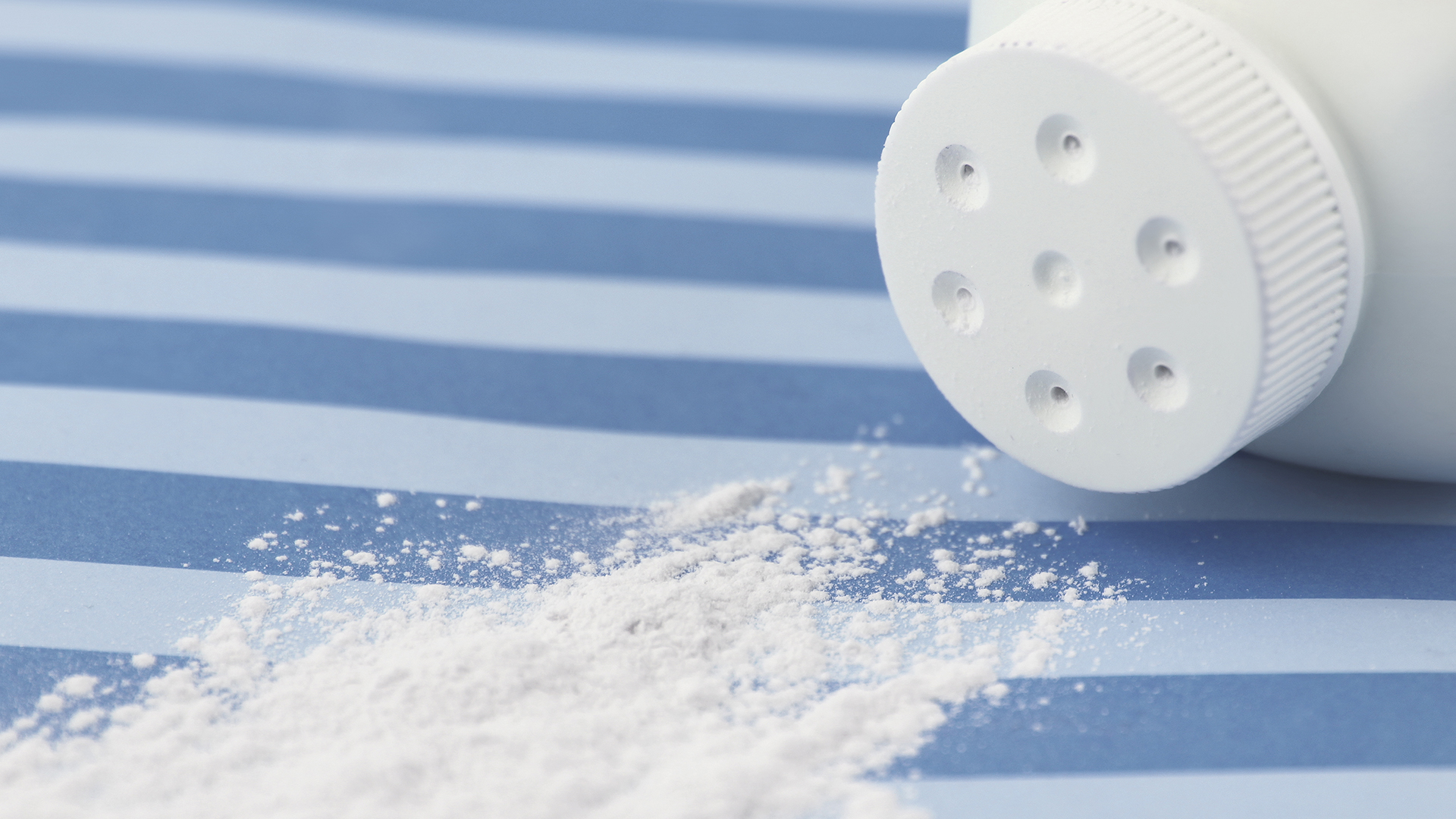The Banyan Brain Trauma Indicator, a blood test, has been shown to quickly identify brain injuries. Two weeks ago, the F.D.A. approved this long-awaited diagnostic tool.
Symptoms of concussions can occur right at the time of an injury or after several days or months and vary based on the person. This causes challenges diagnosing them.
How does it work?
The brain releases two proteins – UCH-L1 and GFAP – into the blood after a head injury. Within 12 hours, higher levels of these proteins can predict if a patient may have intracranial lesions. The test successfully predicted their presence 97.5 percent of the time. It was even better at indentifying when they were not present – 99.6 percent.
It offers the possibility to test an athlete in a football game on the sidelines. It would also offer a tool for youth sports leagues and high school teams that may only have a volunteer EMT or physician.
While currently only approved for adults, the Banyan Biomarkers plans to start a clinical trial that will evaluate injured children. It is also working to develop a hand-held blood test device.
Approval process
The F.D.A. has been criticized for its often lengthy approval process, but in this case this diagnostic device was cleared in less than six months. The Defense Department facilitated and funded a 2,000 person clinical trial. It has wanted a better diagnostic tool to evaluate wounded soldiers stationed in combat zones.
In 2013, about 2.8 million hospital visits related to traumatic brain injury, according to the Centers for Disease Control and Prevention. Almost 50,000 died from head trauma. From auto accidents to falls on a worksite, head injuries are a common injury. This new tool could identify injuries quickly ensuring treatment begins immediately.
















